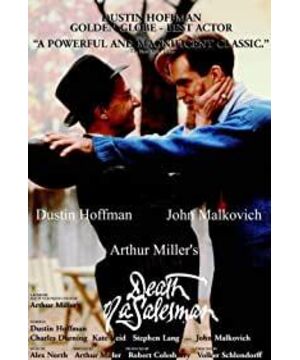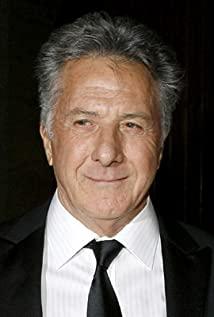He wants to make money, live in a big house, drive a new car, and works tirelessly for it, not just to satisfy his own vanity, after all, the economic foundation is one of the foundations of a happy family. He wants his children to be successful and likable, which is the unanimous wish of parents all over the world. He's having an affair, and he's proud of it, but also guty, and he's not a hopelessly bad man. Such a strong and weak little person seems to live on the corner of the next street, taking the same subway to and from get off work every day, and buying a cheap lunch at a fast food restaurant at noon. He is our colleague, neighbor, and ourselves. In any city, there are countless Willies who are rushing about to make a living carrying second-rate famous-brand handbags bought at a discount.
Willie's desire for success may be just a little more than others, and it is this little bit that makes him unable to face failure, the heavy mental pressure makes him unable to work, and unable to communicate well with the people around him. Ben in the fantasy world is the representative of this desire, "as long as I go out, I can make a fortune". He embraced this longing and passed it all on to his children, and also perpetuated the sorrow of the next generation.
As a result, a little person who can be seen everywhere, because of a little personal weakness and a little bit of untimely birth, has created a tragedy that costs his life. This is not a fictional story, this is a fate that each of us may face. Who does not have a little vanity and a little unwillingness to fail? Who can really let go of their smart heart even if they hang a "rare and confused" banner in the living room arty? Countless commentary articles analyze Willy's past and present life, social background and literary value. However, facing this kind of fate that can be seen but cannot be avoided, perhaps he can only shake his head silently. This is perhaps the most moving part of the play.
View more about Death of a Salesman reviews











